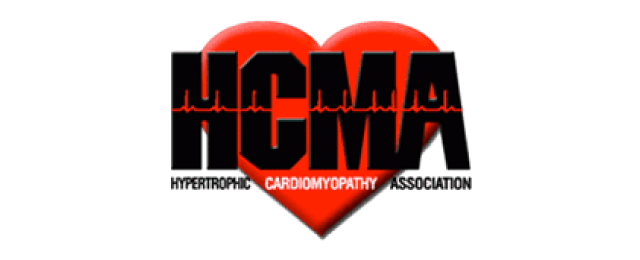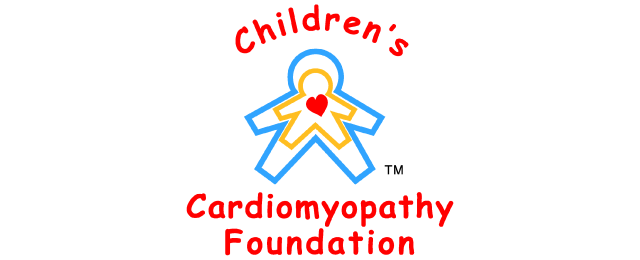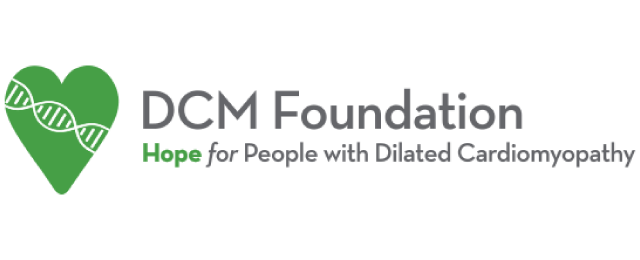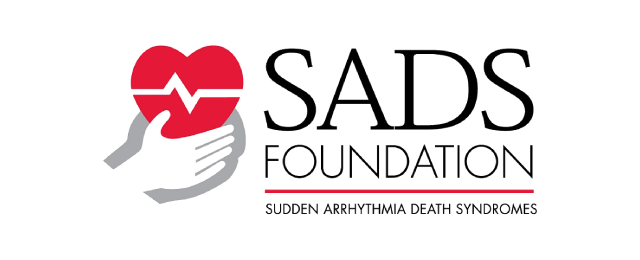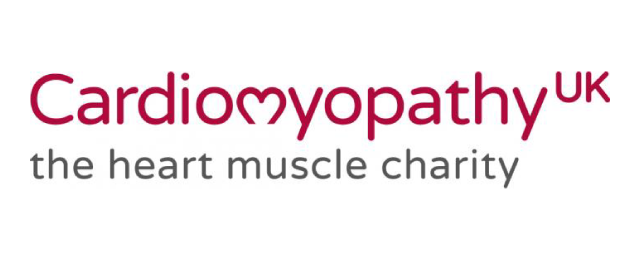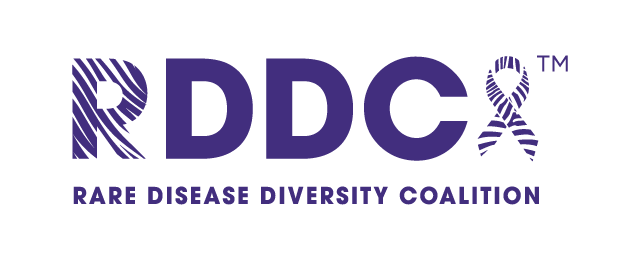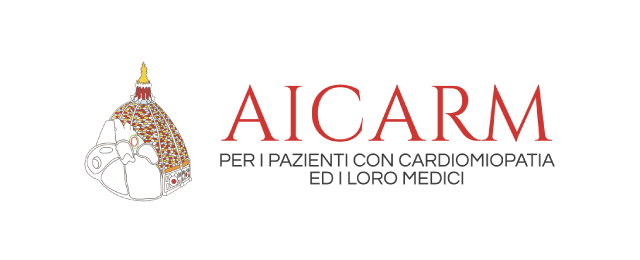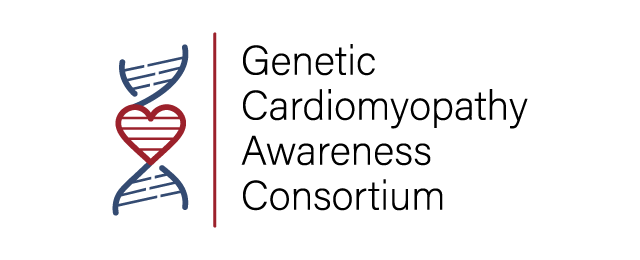Conditions affecting the heart come in many forms, affecting individuals of all ages and backgrounds. Yet often, treatments have taken a one-size-fits-all approach, with a few commonly used medicines prescribed to manage symptoms.
At Tenaya, we believe
we can do better.
Tenaya is 100% committed to discovering and developing new medicines for heart conditions. We hope to not just alleviate symptoms, but to change the course of disease by targeting its underlying genetic causes. Founded by leading researchers specializing in genetic medicines, rare diseases and the biology of the heart, Tenaya built specialized capabilities to translate our scientific insights into new treatments. We are currently advancing a pipeline of investigational therapeutics with the potential to transform and extend the lives of patients.

Elevating Patient Voices
Patients provide us with inspiration and a sense of urgency as we pursue our mission to improve the lives of individuals affected by heart diseases.
Here are a few stories of people living with inherited heart conditions. Each has faced a unique journey to receive a correct diagnosis and to cope with the limitations imposed by their conditions. Learn more about the individual journeys of several people and their families living with inherited heart conditions here:

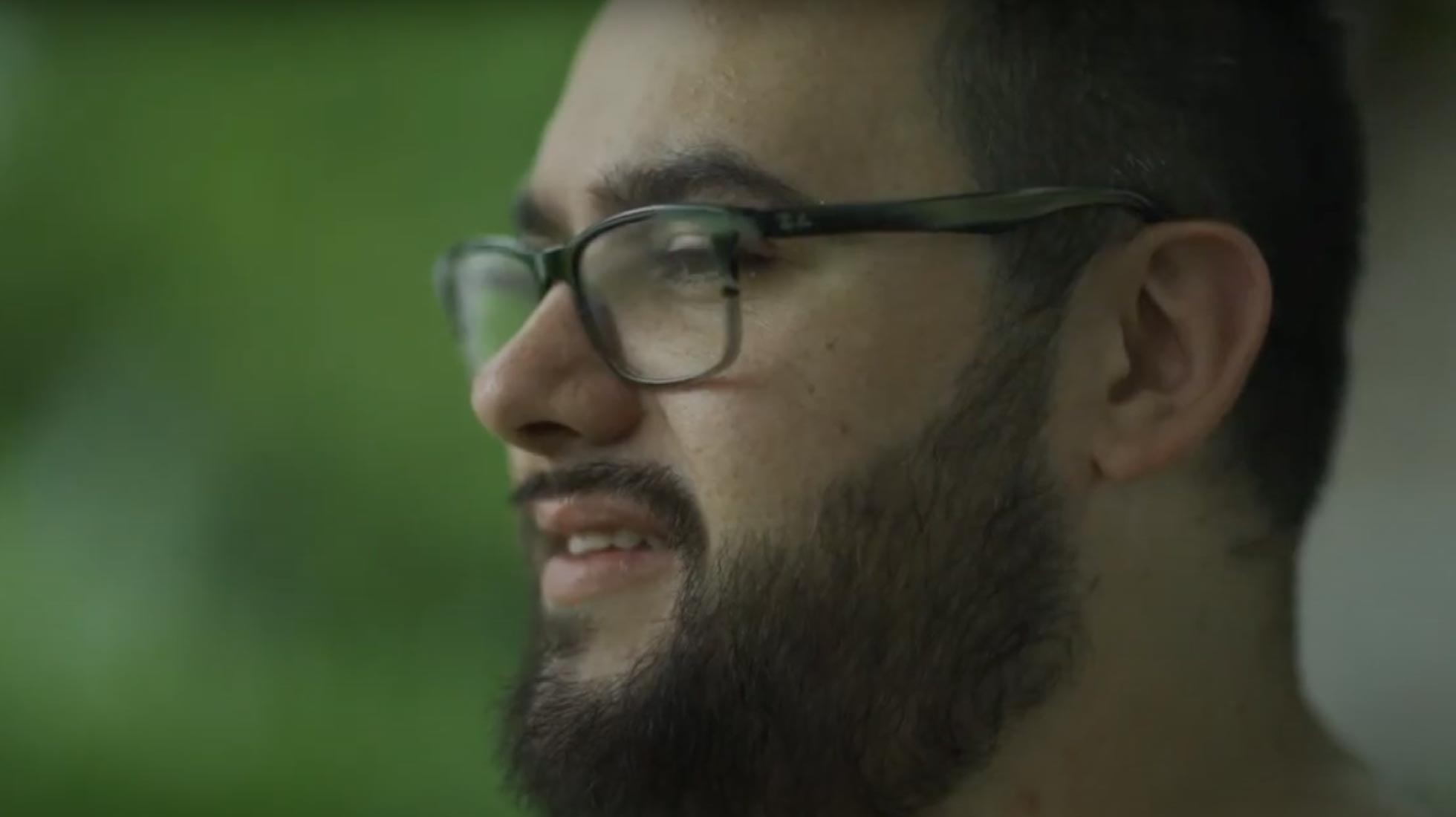
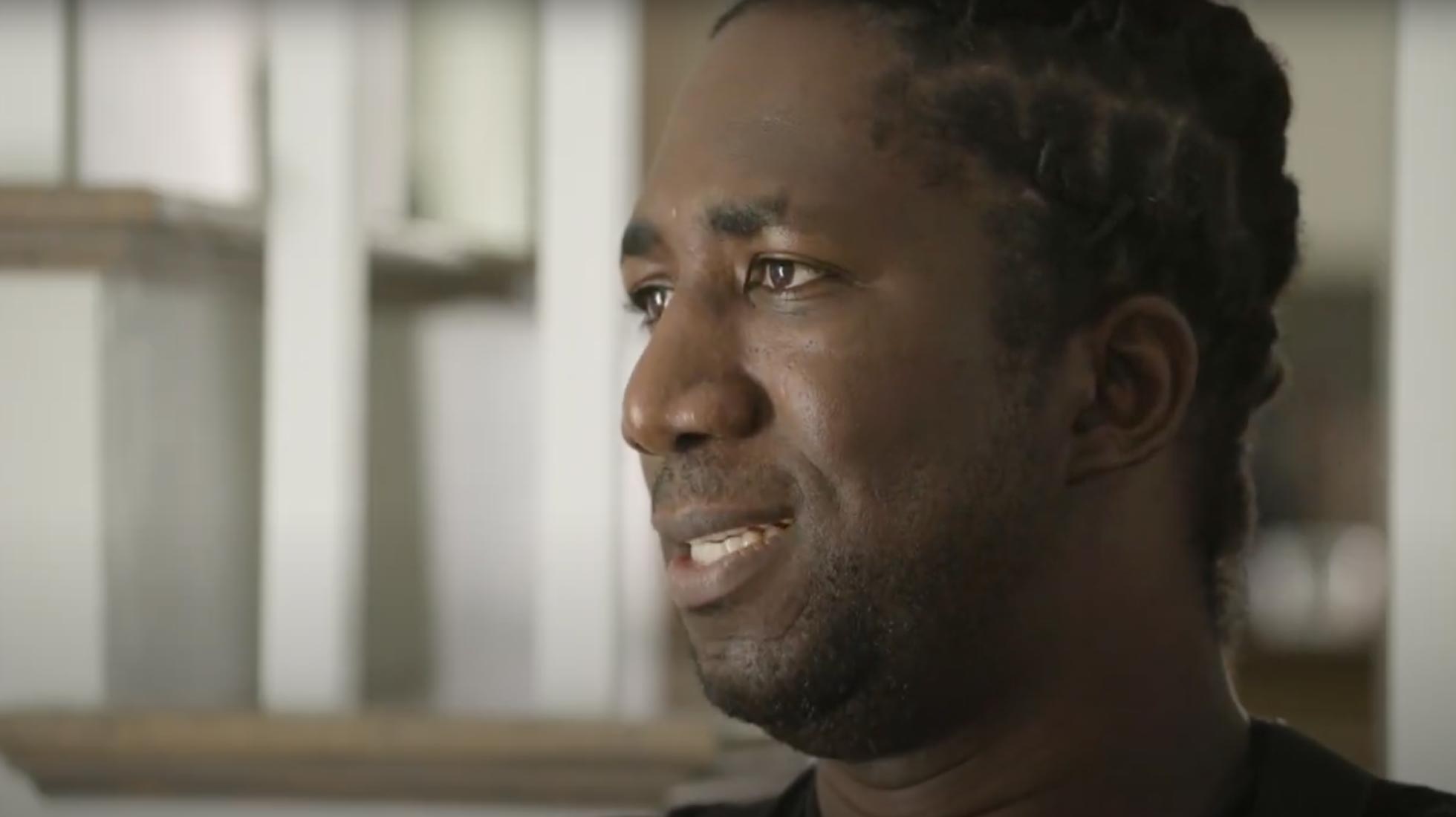

Heart disease has many faces
and touches many lives.
Discover more unique patient journeys by clicking below.
ADVOCACY AT TENAYA
The patient advocacy team at Tenaya is here to connect with and serve patients and their families so that we may better understand the patient journey and the needs of patient communities. By partnering with and supporting patients, caregivers and advocates, we are working to drive greater awareness to the unmet needs of individuals living with heart conditions and to offer education on the potential of genetic testing and precision medicines to advance treatment. In doing so, we can also better inform Tenaya’s drug development efforts.
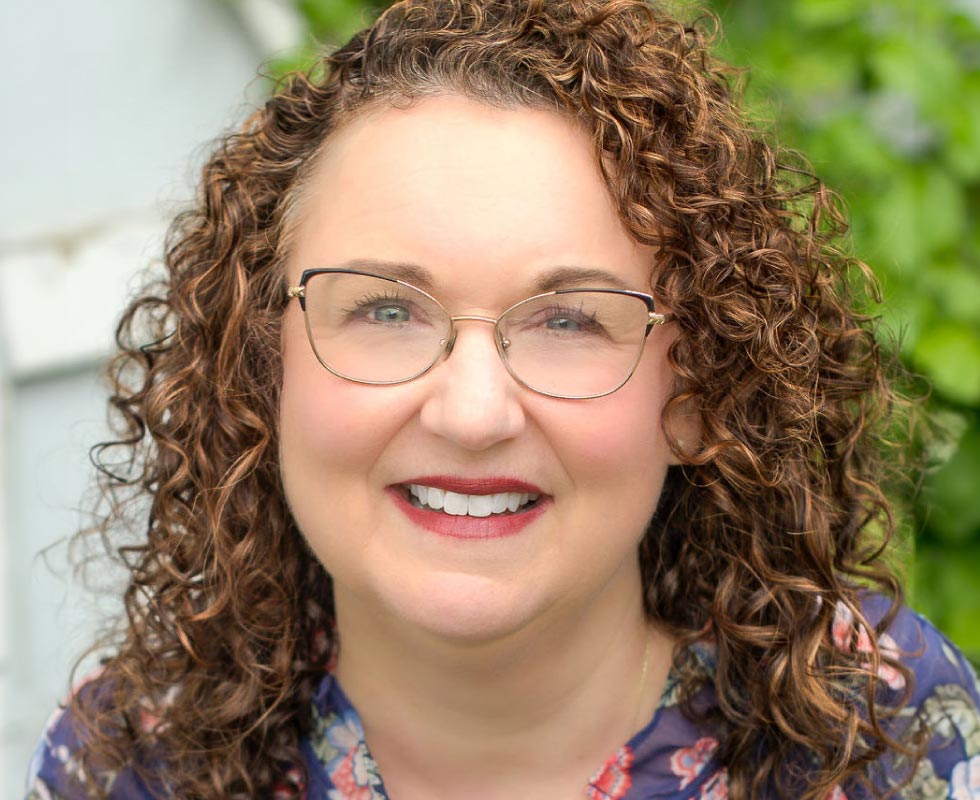
Wendy Bosari
Associate Director, Patient Advocacy
Living with HCM
Wendy joined Tenaya to help lead the company’s Patient Advocacy efforts after a decade of working within the hypertrophic cardiomyopathy (HCM) community as an advocate. To learn more about Wendy’s experience living with HCM, as well as that of others, please see Living with hypertrophic cardiomyopathy: a patient’s perspective.
Connect with Tenaya’s Patient Advocacy Team
to learn more about genetic testing for inherited heart diseases, Tenaya’s science and opportunities to contribute to Tenaya’s research into new medicines
Conditions and Clinical Studies
Tenaya is committed to developing safe and effective therapeutics for rare and prevalent heart diseases. We are currently conducting clinical trials to understand how our investigational treatments work in the body and about the natural course of certain rare conditions.
Among the most important ways for people living with heart conditions to get involved in the development of new treatments is through participation in clinical trials. To learn more about any of Tenaya’s investigational medicines and participation in our clinical studies, please see below.
EXPANDED ACCESS
Information about Tenaya’s expanded access policy can be found here.
A chronic, progressive condition, hypertrophic cardiomyopathy (HCM) is the most common inherited cardiac disorder, and variations in the Myosin Binding Protein C3 (MYBPC3) gene are the most common genetic cause of HCM. Mutations of the MYBPC3 gene result in insufficient expression of a protein needed to regulate heart contraction. This can lead to serious complications including debilitating symptoms such as shortness of breath, fainting and palpitations; heart failure; significant impairment in overall quality of life; and sudden cardiac death in some adults and children. People with HCM whose condition is caused by mutations in the MYBPC3 gene may have more severe disease, where they develop symptoms at a younger age and/or their symptoms may be more severe. There are currently no approved therapeutics that address the underlying genetic cause of HCM.
Tenaya is developing TN-201, a gene therapy intended to deliver a working MYBPC3 gene to heart muscle cells via a single dose to address the underlying cause of MYBPC3-associated HCM. We are currently enrolling clinical and natural history studies to support TN-201’s development, including MyPeak™-1, the first clinical trial to study the effects of gene therapy for HCM in patients. To learn more about MYBPC3-associated HCM, TN-201 and Tenaya’s research studies, please visit HCMStudies.com.

Variations in the plakophilin-2 (PKP2) gene are the most common cause of arrhythmogenic right ventricular cardiomyopathy (ARVC), also known as arrhythmogenic cardiomyopathy or ACM. In PKP2-associated ARVC, mutations of the PKP2 gene results in a lack of the proteins needed for the proper functioning of the structure between heart muscle cells (called the desmosome) that maintains physical connections and electrical signaling. As that structure degrades, electrical pulses in the heart become unstable and cardiac muscle cells are replaced by fibrofatty tissue. This results in irregular heart rhythms and remodeling of the heart. ARVC symptoms include arrhythmias, palpitations, lightheadedness, dizziness and fainting. PKP2-associated ARVC is typically diagnosed before age 40, and sudden cardiac arrest due to life-threatening ventricular arrhythmias is frequently the first sign of disease.
TN-401 is Tenaya’s gene therapy candidate designed to deliver a working PKP2 gene to the heart to restore healthy function and halt disease progression. In order to better understand ARVC and to prepare for a planned Phase 1b interventional clinical trial (known as RIDGE™-1) in the coming months, we are conducting a global non-interventional natural history and serotype study of PKP2-associated ARVC. To learn more about PKP2-associated ARVC, TN-401 and Tenaya’s research studies, please visit ARVCStudies.com.

HFpEF occurs when the heart muscle becomes stiff and unable to relax and fill properly to meet the demands of the body. It is a complex syndrome, with multiple risk factors including aging, obesity, diabetes, kidney disease and hypertension, which in turn contribute to the inflammation and metabolic dysfunction thought to underly disease.
TN-301 is Tenaya’s small molecule inhibitor of HDAC6 (histone deacetylase 6). TN-301 has a multi-pronged mechanism of action that includes modifying proteins to coordinate cellular processes. In preclinical studies, TN-301 has been shown to reverse many of the signs and symptoms of HFpEF, with evidence of improved cardiac function, improved glucose tolerance and reduced inflammation and fibrosis.
Tenaya has completed a Phase 1 clinical trial of TN-301 in healthy volunteers. TN-301 was generally well tolerated, with dose-proportional pharmacokinetics supportive of once-daily dosing. Robust HDAC6 inhibition was observed at levels that met or exceeded those observed as effective in preclinical studies. Other histones were not impacted, indicating that TN-301 is highly selective.
To learn more about any of Tenaya’s ongoing clinical trials and how to get involved in supporting our efforts, please see our clinical study website HCMstudies.com, ARVCstudies.com, clinicaltrials.gov, or contact patient.advocacy@tenayathera.com.
Tenaya's Gene Therapies for Cardiomyopathies
As an emerging leader in the discovery and development of new therapies for heart conditions, Tenaya is working on a diverse pipeline of new treatments. Some, like TN-201 and TN-401, are gene therapies to treat or prevent heart conditions caused by genetic mutations (also known as variations or changes). In genetic conditions, mutations can affect a gene’s ability to make proteins necessary for healthy function. Gene therapy delivers a working gene into a cell to help the cell build the necessary protein and restore the expected function.
Click below for a downloadable brochure with more information on Gene Therapy for heart conditions.
This video is specific to TN-201, Tenaya's gene therapy for the potential treatment of MYBPC3-associated HCM, however, the general concepts are the same for TN-401, Tenaya's second gene therapy which is being developed for PKP2-associated ARVC.

